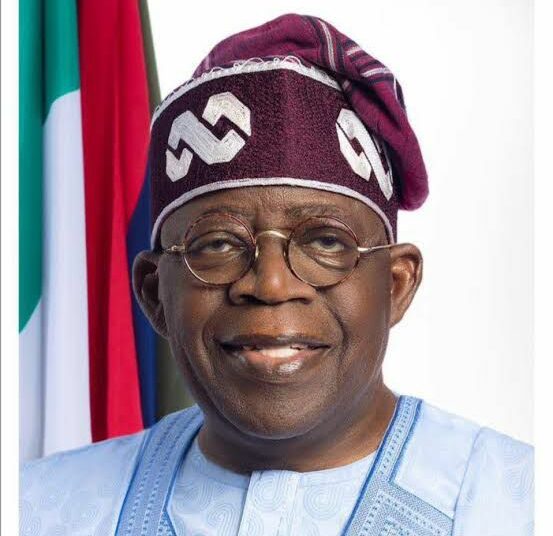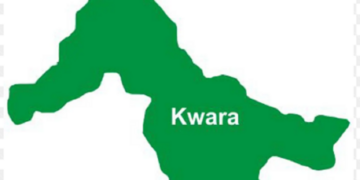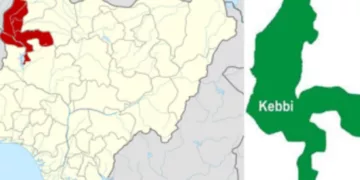The Nigerian Association of Chambers of Commerce, Industry, Mines and Agriculture (NACCIMA), has urged the federal government to take prompt, drastic and targeted steps, to halt the decline of many Nigerians below the poverty line.
The chambers which linked the reduction in the purchasing power of many Nigerians to the subsidy removal, charged the federal government to roll out palliatives to cushion the effect.
Reacting to LEADERSHIP enquiries, the national president of NACCIMA, Mr Dele Kelvin Oye, advocated for more business friendly environment for Organised Private Sector(OPS) to boost the growth and development of the economy.
Likewise, the association pointed out that the removal of fuel subsidies is not only exacerbating the situation, but may push an estimated 7.1 million poor Nigerians into poverty level.
Recall that the World Bank estimated that removal of subsidy on premium motor spirit (PMS) could push as many as 7.1 million Nigerians into poverty unless adequate palliatives are extended to poor and most vulnerable individuals.
Even with the implementation of cash transfers to 10 million most vulnerable Nigerians, the bank says, the country would still suffer a net increase of 5.4 million extremely poor people as a result of the decision.
President Bola Tinubu, during his inauguration, pulled the plug on PMS subsidy payment on the ground that the 2023 budget does not make provision for the expenditure, leading to about a 300 per cent price hike.
Poor and economically-insecure households also face an equivalent monthly income loss of N5,700, the Bank also projects in its Nigeria Development Update (NDU) released yesterday in Abuja.
Though NACCIMA is in support of the removal of the subsidy removal as it will save the country N2 trillion, he added that, “this reform is a unique opportunity to free the country from the economic burden of the fuel subsidy regime and embark on a path towards a brighter and more prosperous future. In addition, implementing appropriate palliative measures will help to cushion the possible negative effects of the reforms and stimulate growth in the economy.”
Oye urged government to consider implementing (enhancing) social protection measures to mitigate the impact of the subsidy elimination on Nigerians.
Noting that prices of goods and services have already gone beyond the reach of ordinary Nigerians, the NACCIMA helmsman charged the federal government to come out and also fast track palliative measures like cash transfers, essential goods and services subsidies and job creation initiatives.
Claiming that the subsidy removal is a good step taken in the wrong direction when most people are falling below living standards on daily basis, the association demands the federal government to embark on job creative ventures to alleviate the impact of subsidy and other prevailing harsh economic realities.
“With the petrol subsidy removal among other reforms, the government is expected to achieve fiscal savings of approximately N2 trillion in 2023, equivalent to 0.9 per cent of GDP. These savings are expected to reach over 11 trillion naira by the end of 2025. Therefore, compensating palliatives from such savings will be necessary to help shield the vulnerable in the economy (public, private and individuals),” the group pointed out.





